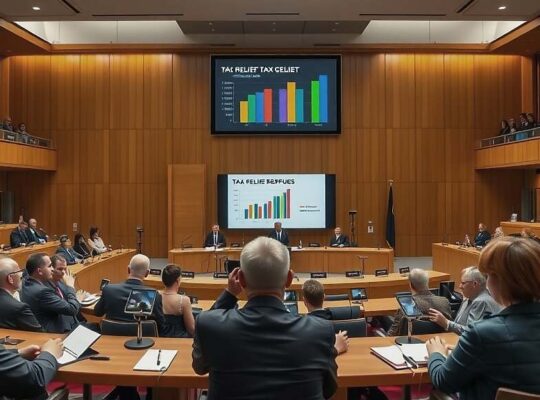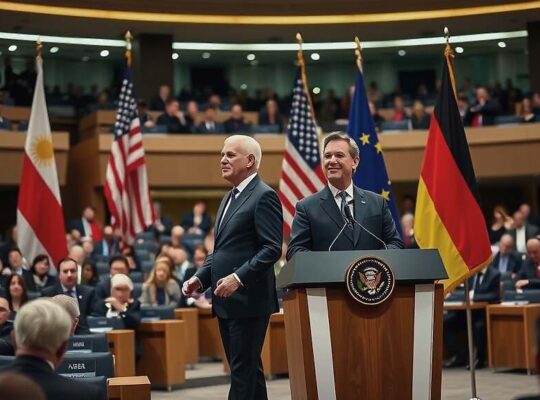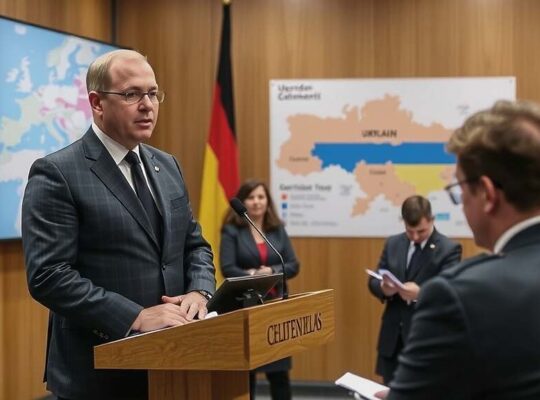A deepening crisis of social exclusion is gripping Germany, fueled by austerity measures and exacerbated by a surge in substance abuse, according to Caritas, the country’s largest Catholic social services organization. Caritas President Eva Maria Welskop-Deffaa warned of a growing number of individuals experiencing profound destitution, particularly visible at railway stations, locations traditionally served by Caritas’s Bahnhofsmissionen – station missions.
Welskop-Deffaa attributes the escalation of this plight directly to years of increasingly stringent budget cuts across social services. These cuts, she argues, have created a situation where individuals facing homelessness and acute need are falling through the cracks, with fewer avenues for support available. The shrinking safety net, she stated, leaves vulnerable populations isolated and increasingly dependent on the limited resources provided by organizations like Caritas.
The situation is further complicated by a concerning rise in the consumption of synthetic drugs. Caritas facilities are reporting a dramatic increase in usage, leading to rapid addiction, severe psychological distress and disorientation amongst those affected. This adds another layer of complexity to an already fragile situation, overwhelming existing support systems.
While the urgency of the problem is evident, Caritas is attempting a shift in approach through a project funded by the Mercator Foundation, “Sozialraum Bahnhof” (Railway Station Social Space). This initiative aims to transform railway stations from places of desperation into hubs of community interaction and connection, moving away from solely addressing individuals in crisis towards a preventative model. However, Welskop-Deffaa’s comments implicitly challenge the government’s economic policies, suggesting that prioritizing austerity at the expense of vital social services is directly contributing to the escalating humanitarian crisis unfolding across the country. Critics argue that such policies risk creating a two-tiered society, where economic stability comes at the cost of increased marginalization and human suffering.












